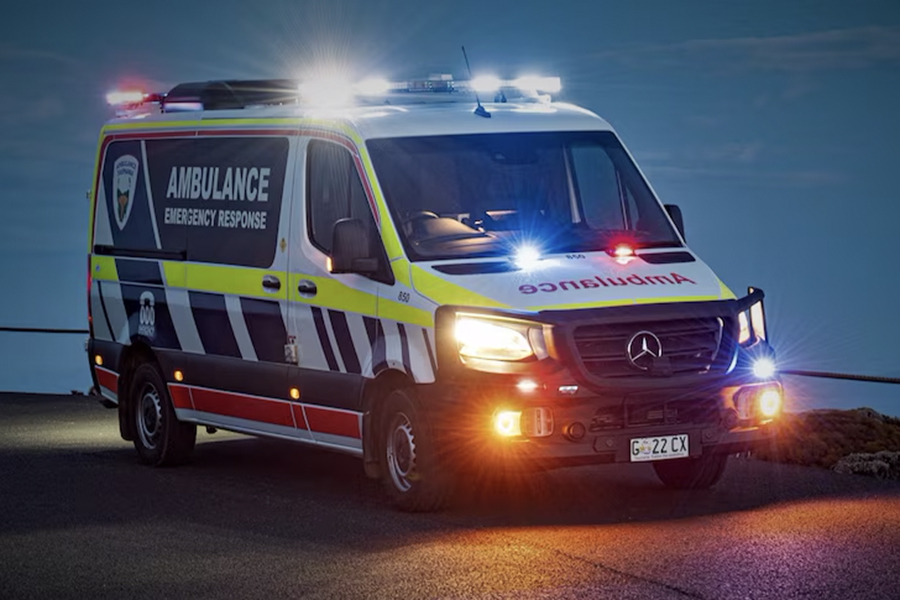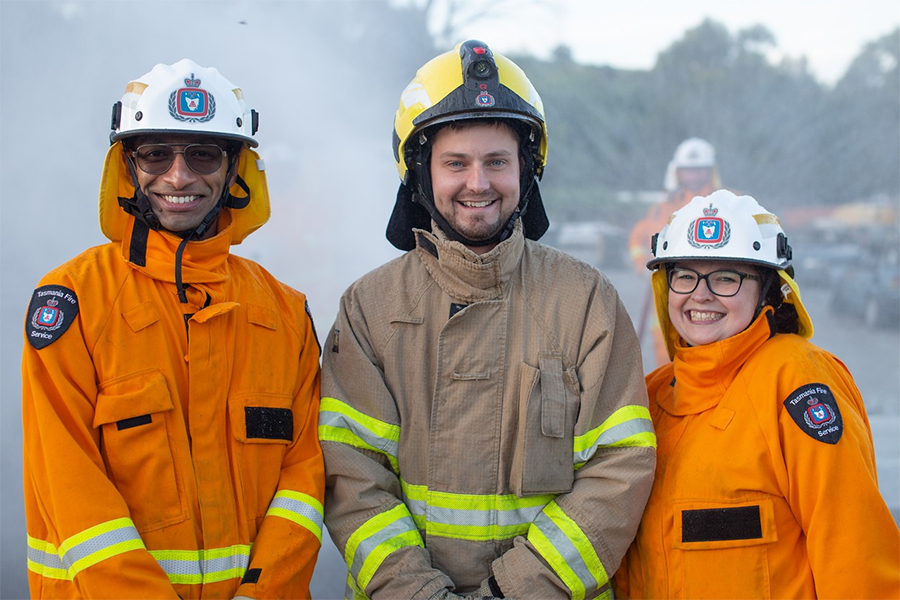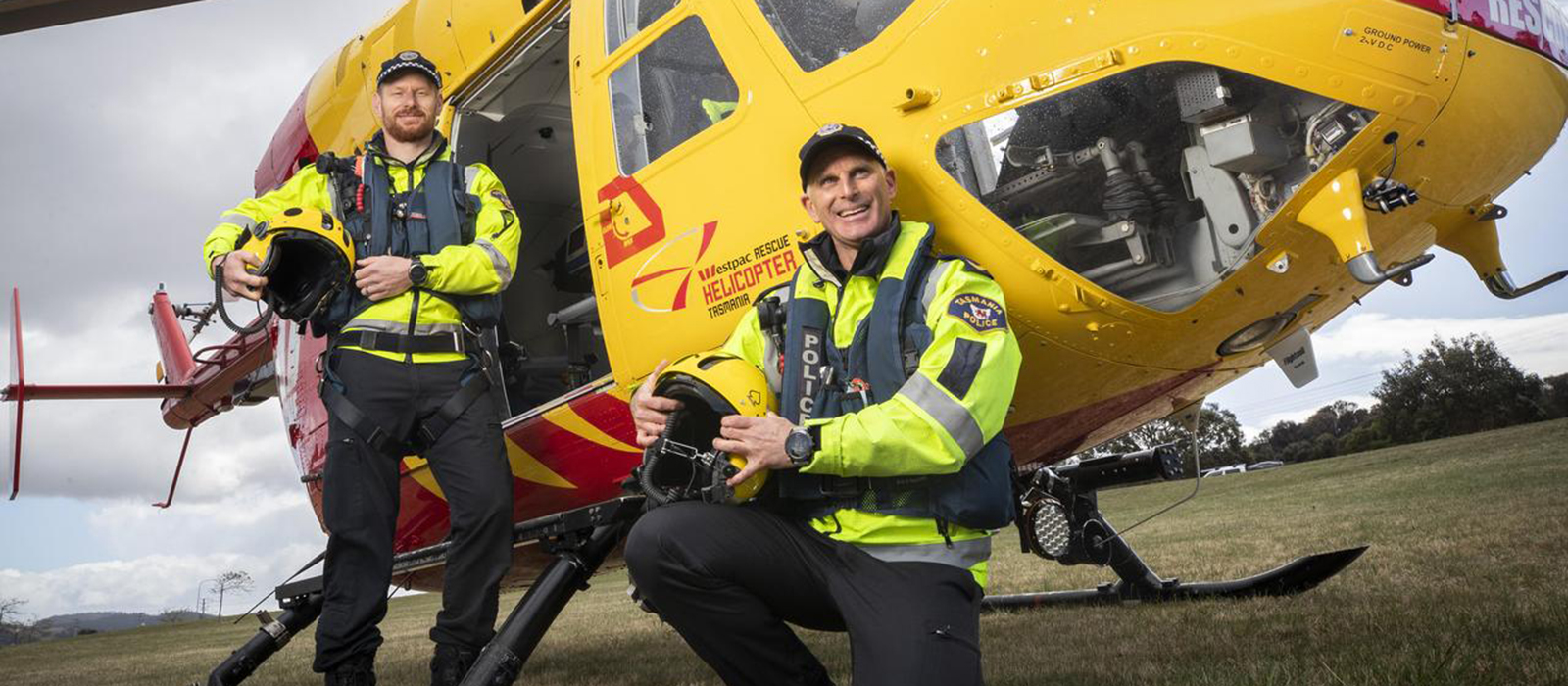
A career in Emergency Services is unique. You’ll be working as a real-life superhero who is ready, willing and able to deal with an emergency (and loving every minute of it!). Emergency Services careers include the Police, Fire, and Paramedics. Each one offers amazing opportunities to make a difference in the community.
In this article, we’ll explore some epic career paths. We’ll take you through the educational requirements. We’ll explore different roles within each service. Plus, we’ll look at various volunteer roles that’ll give you a good sense of whether it’s the right pathway for you. So, let’s get into it.
What are Emergency Services?
Emergency Services respond to emergencies, protect lives, and maintain public safety. Often their extraordinary work goes unnoticed. But, should you ever need to call triple 0 (and we hope you never do by the way), you’ll set off a whole chain of events. Within seconds, emergency service teams will swing into action at any time of the day or night. They don’t know what the situation is like until they get there. But they go anyway, sometimes putting their life on the line (pretty impressive huh?).
In Tasmania, the primary Emergency Services are the Police, Fire Service, and Paramedics. Each service has certain responsibilities and offers different career options.
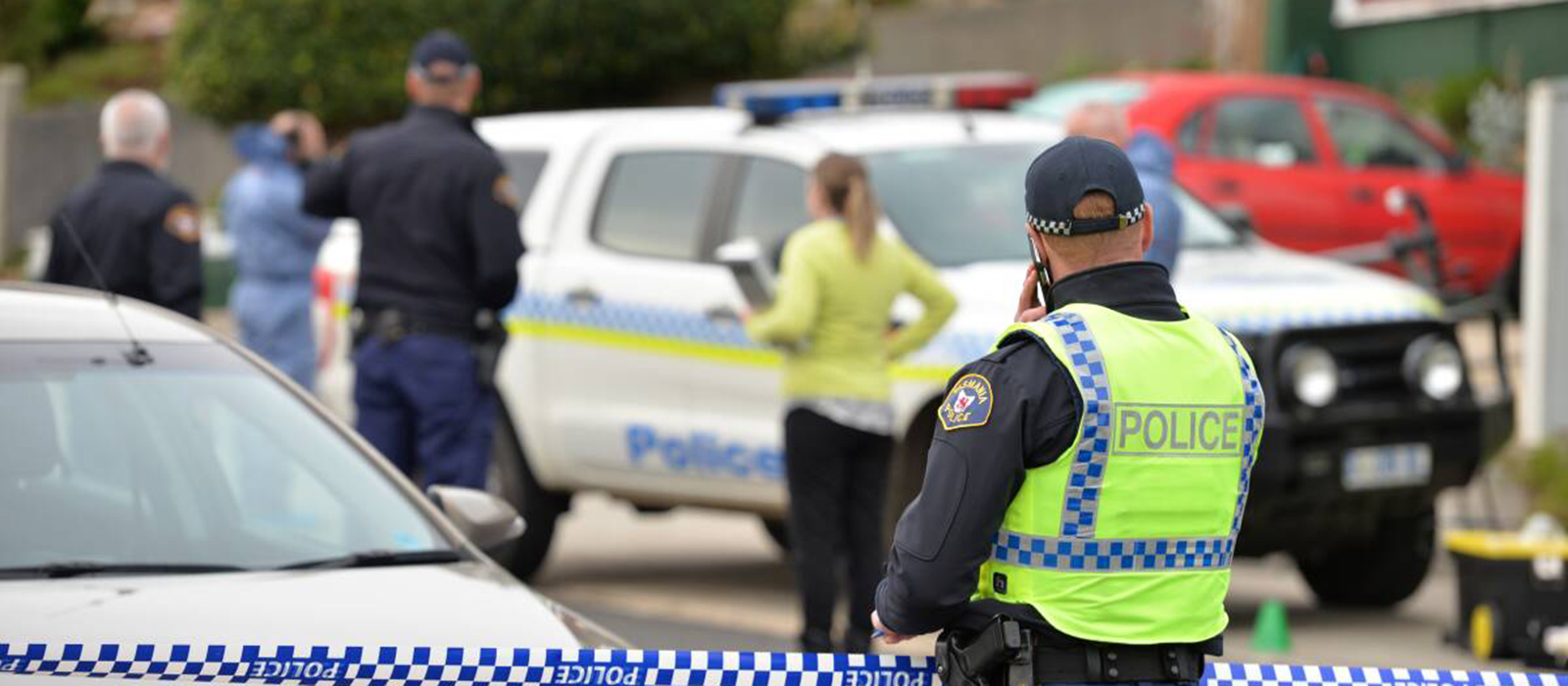
Police Service careers – anything but ordinary
The Tasmanian Police Service is responsible for maintaining law and order. A key focus is to prevent crime and to protect the community, and they’re always looking for the next generation of recruits.
We know that criminals operate in our community (and they’re getting more sophisticated). That’s why it’s vital to have skilled police officers who’ll catch them and keep our communities safe. Careers in the police force are diverse and rewarding. There are opportunities for career advancement and specialisation.
Key roles in Police Services
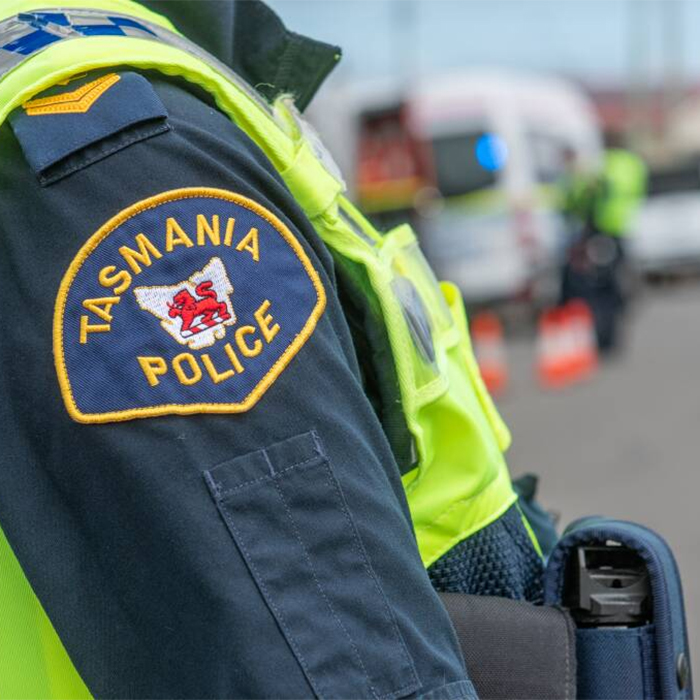
Police Officers
Discover the role
A police officer’s role involves maintaining public order, enforcing laws, and responding to a variety of situations, including criminal investigations, traffic incidents, and emergencies. They also play a role in preventing crime and addressing community safety concerns.
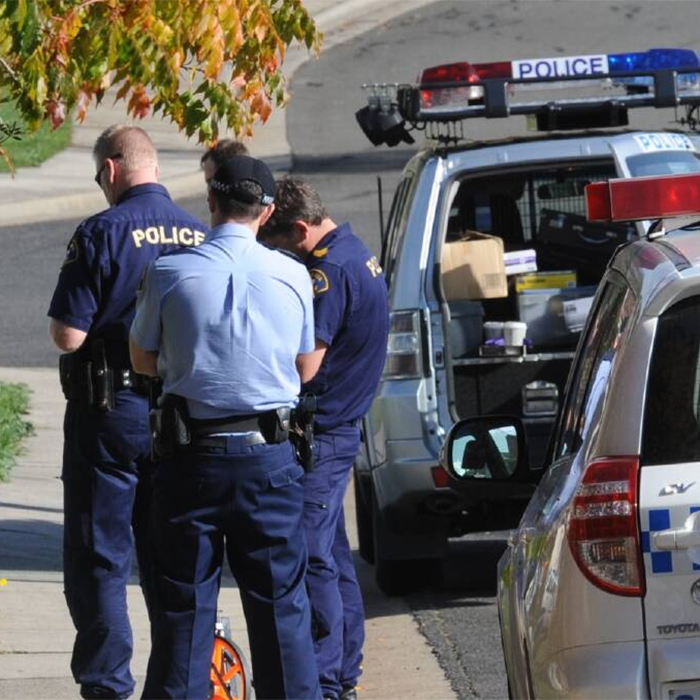
Detectives
Discover the role
Detectives investigate crimes by analysing crime scenes, questioning witnesses and suspects, collecting evidence, and liaising with victims. They prepare detailed reports and support prosecutions in court. Detectives often work in specialised units based on their expertise and the nature of the crimes.
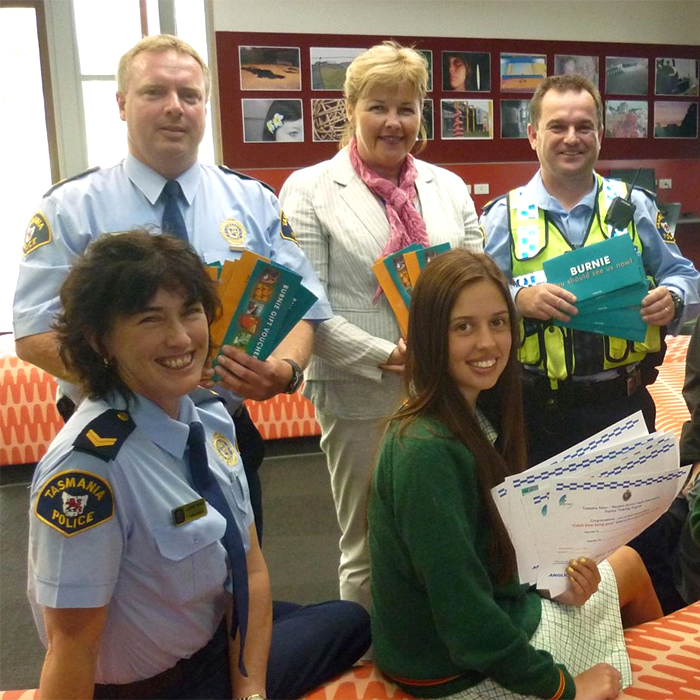
Liaison Officers
Discover the role
Police Community Liaison Officers build positive relationships between the police and diverse communities. They address social issues, provide advice and education, support vulnerable groups, and act as a link between the community and law enforcement. Their work enhances trust and promotes public safety.
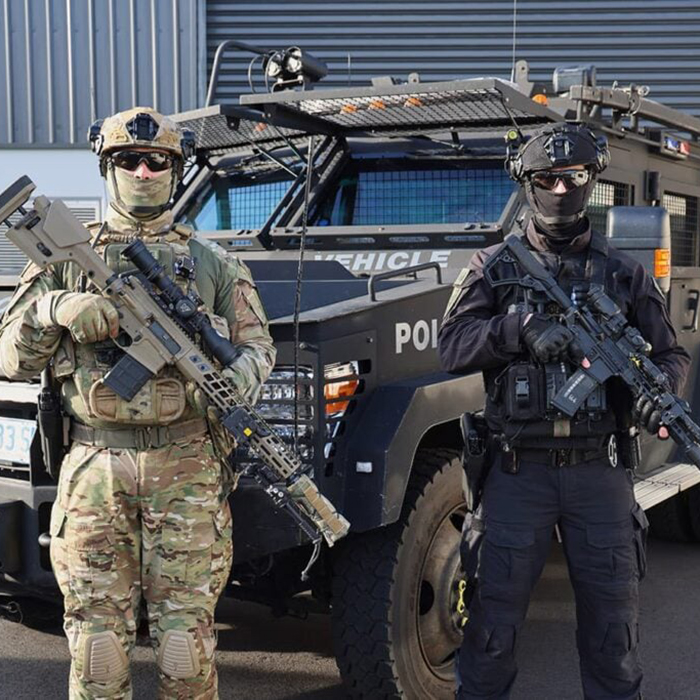
Special Operations Group
Discover the role
The Special Operations Group (SOG) is a police tactical unit that handles high-risk operations, including counter-terrorism, hostage rescues, and armed offender situations. They provide specialist support in critical incidents and conduct high-risk arrests. SOG officers are highly trained in tactical response.
Education Pathways
To become a police officer in Tasmania, you’ll need to complete the Tasmania Police Recruit Course (and you’ll need to be at least 17.5 years of age).
Then you’ll be given a comprehensive training program. This covers law enforcement, physical fitness, and community engagement. Then, if you really want to knock yourself out, you can do further education and specialised training to help advance your career.
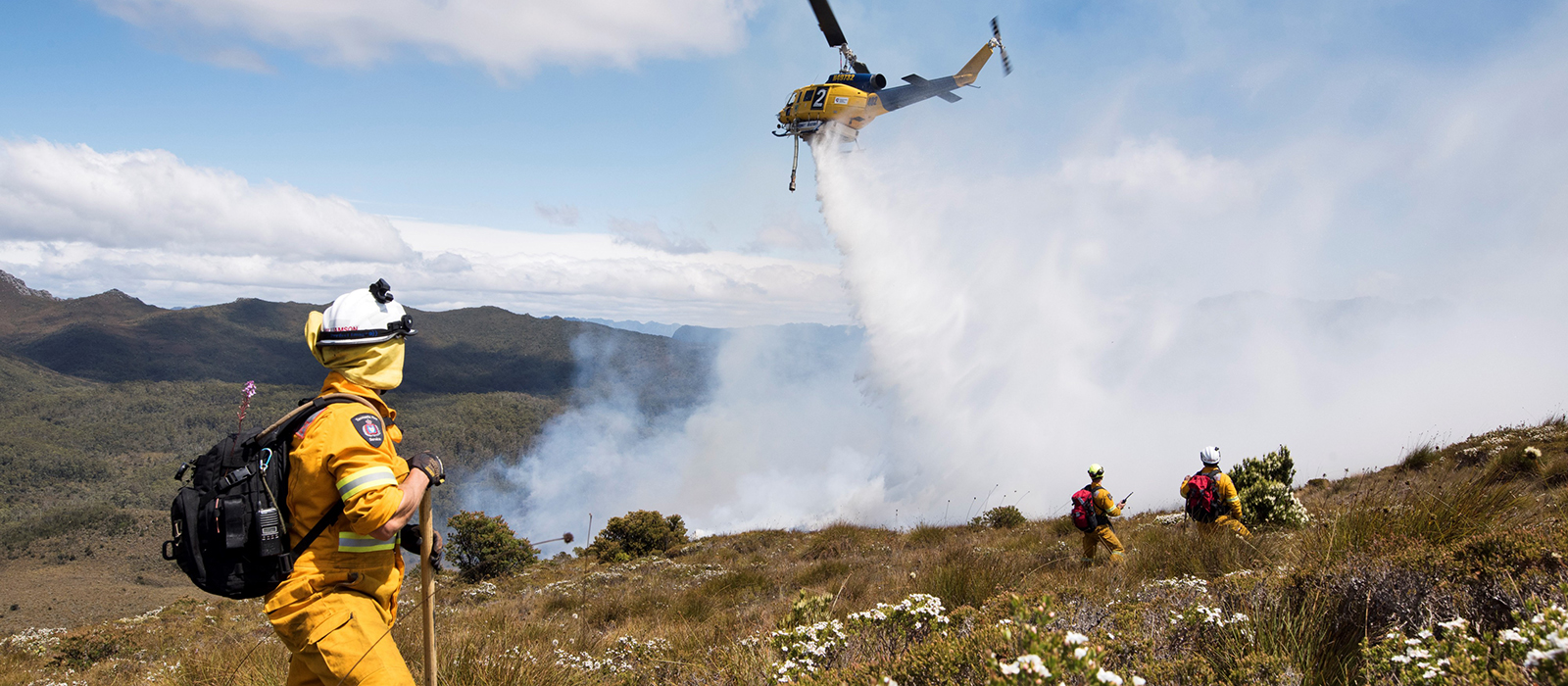
Fire Service careers – spark your imagination
The Tasmania Fire Service (TFS) is about protecting life, property, and the environment from fire and other emergencies (so it’s no place for the faint-hearted). Careers in the fire service are challenging and fulfilling. There are also plenty of opportunities to specialise in various areas, and to fire up your career.
Key roles in Fire Services
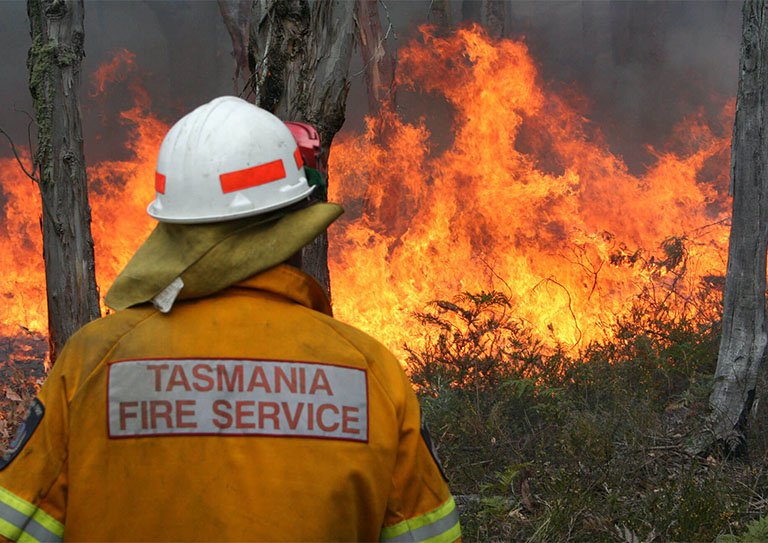
Firefighters
Discover the role
Firefighters primarily respond to emergency incidents like urban and rural fires, road crashes, and technical rescues. They also provide emergency care, maintain firefighting equipment, promote fire safety, and educate the community.
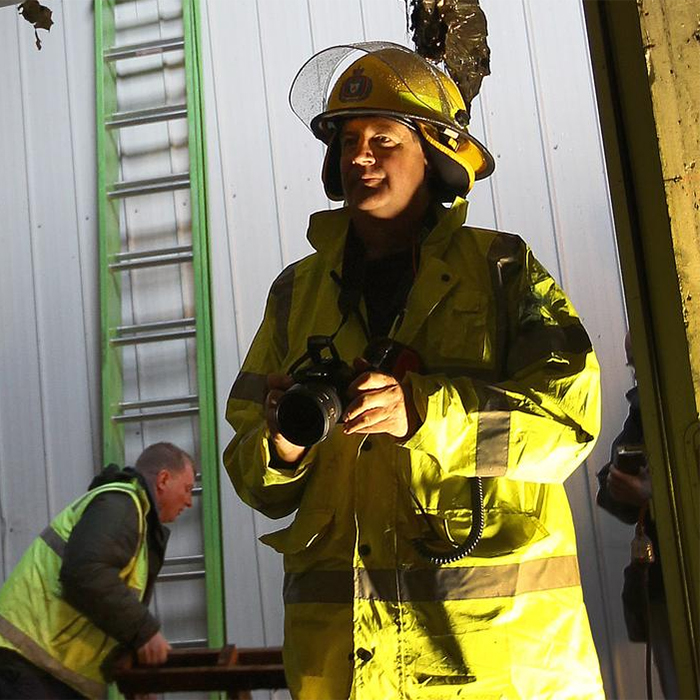
Fire Investigators
Discover the role
A Fire Investigator’s role involves analysing fire incidents to determine their origin and cause, potentially identifying criminal activity. This role requires a strong understanding of fire science, construction, electricity, and mechanical systems, and involves gathering, securing, and presenting evidence.
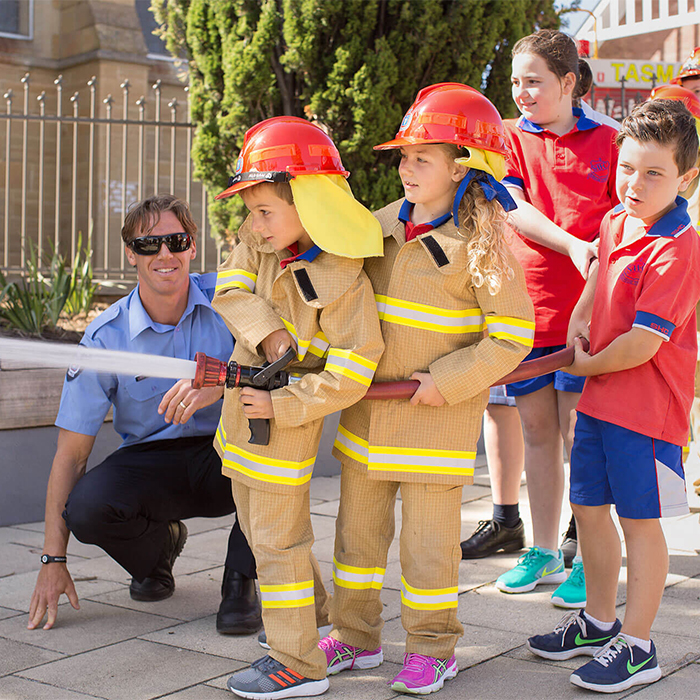
Fire Safety Officers
Discover the role
The Community Fire Safety Officer develops and implements strategies aimed at preventing fires, and educating and training members of the community to respond appropriately to fires and other emergencies when they occur.
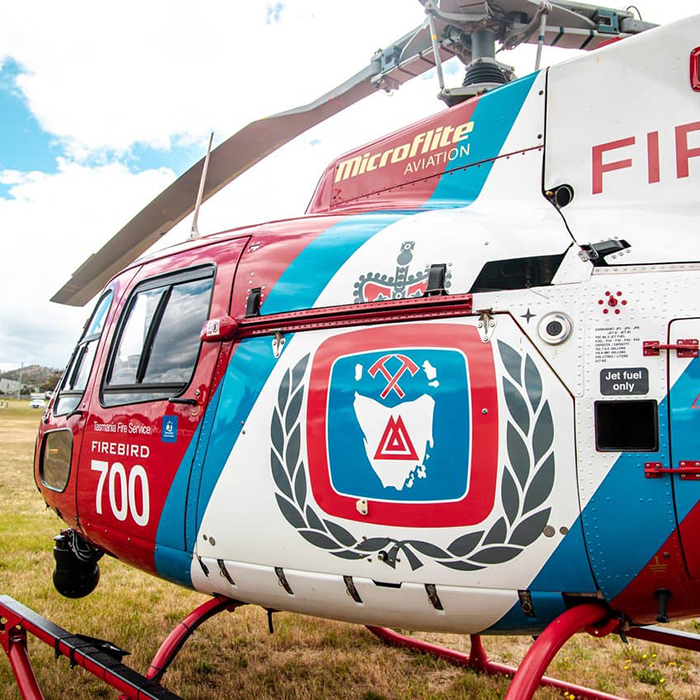
Technical Specialists
Discover the role
Senior Firefighters can develop their careers and become Technical Specialists within the brigade. Their role is to train other operators, develop training and provide technical advice at emergency incidents.
Education Pathways
To become a firefighter in Tasmania, you’ll need to complete the TFS Recruit Course. This includes rigorous physical and theoretical training. Ongoing professional development and specialised training are available for career advancement.
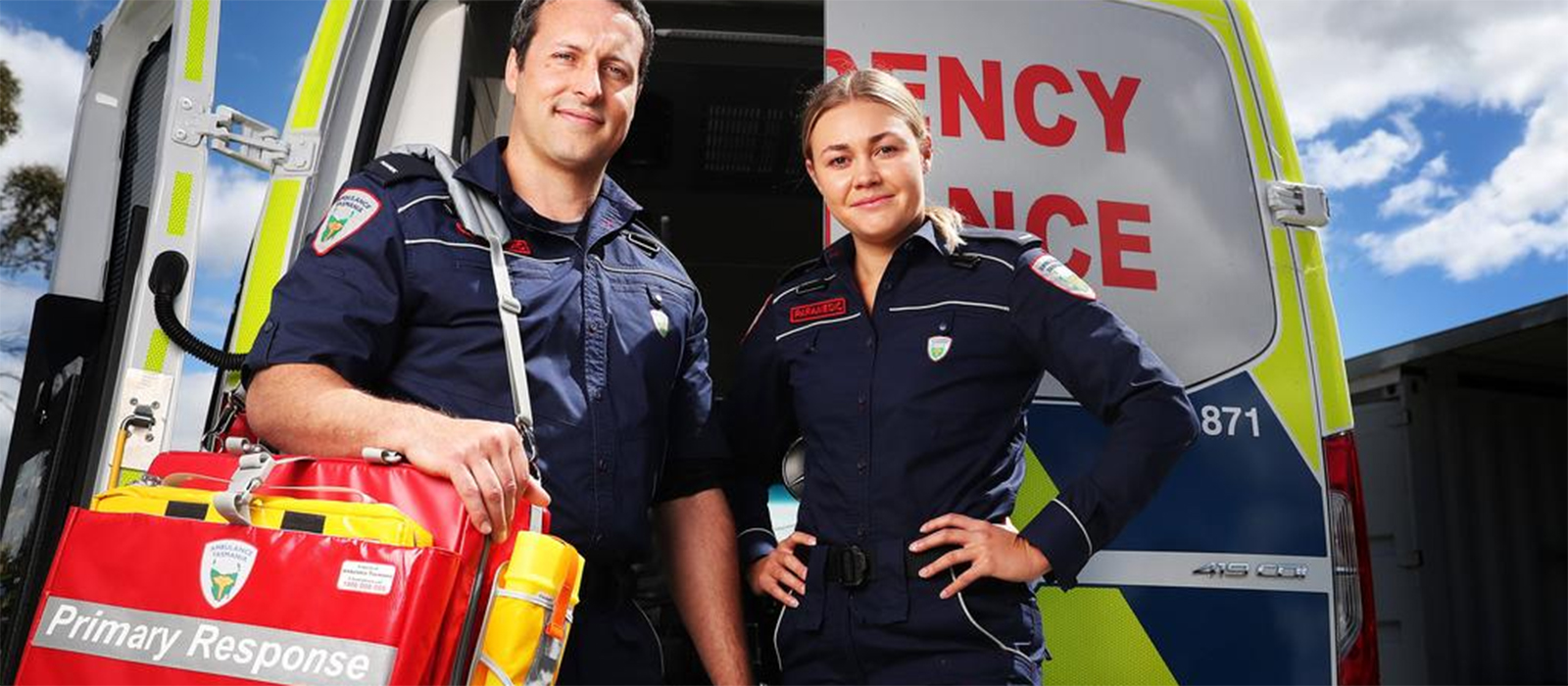
Your first career choice could be a ‘first responder’
To be a Paramedic is a rare and privileged opportunity. Paramedics provide critical medical care in emergency situations. You’re often the ‘first responders’ to accidents and health crises. You’ll need to make critical decisions under pressure. You’ll potentially save lots of lives, and for the right person, there’s not a better job in the world!
Key roles in Paramedic Services
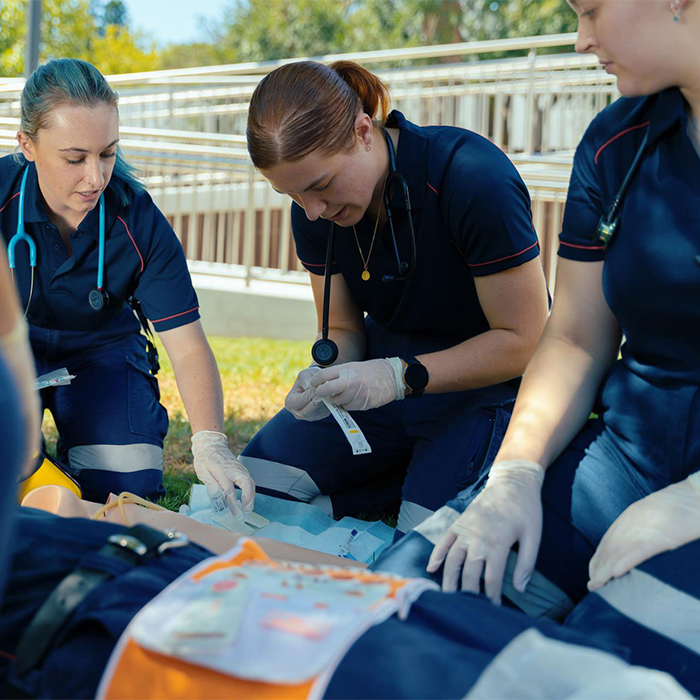
Paramedics
Discover the role
Paramedics are trained healthcare professionals who provide emergency medical care, often as the first responders on the scene of medical emergencies. They assess, stabilise, and transport patients, making critical decisions to improve outcomes in pre-hospital settings.
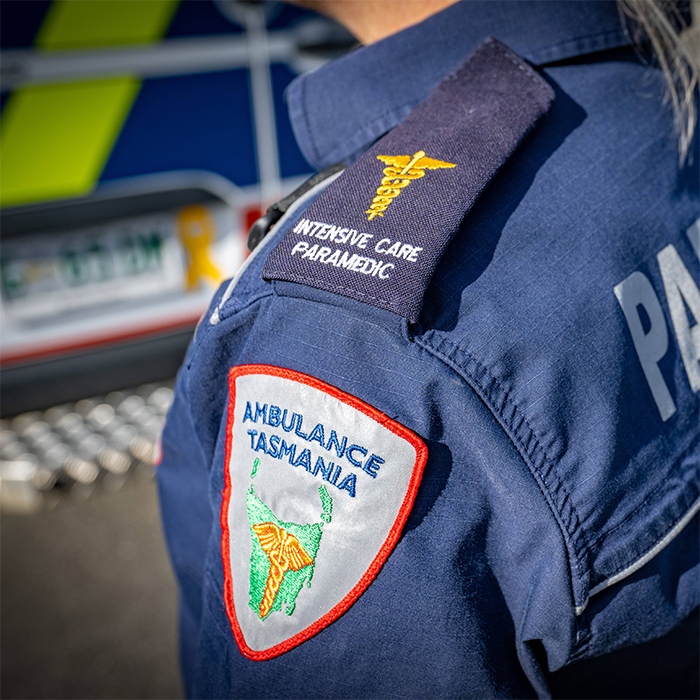
Intensive Care Paramedics
Discover the role
Intensive Care Paramedics provide advanced pre-hospital care to patients in critical or life-threatening situations. They are highly trained to perform advanced medical procedures, such as airway management, complex head injury management, and advanced cardiac care.
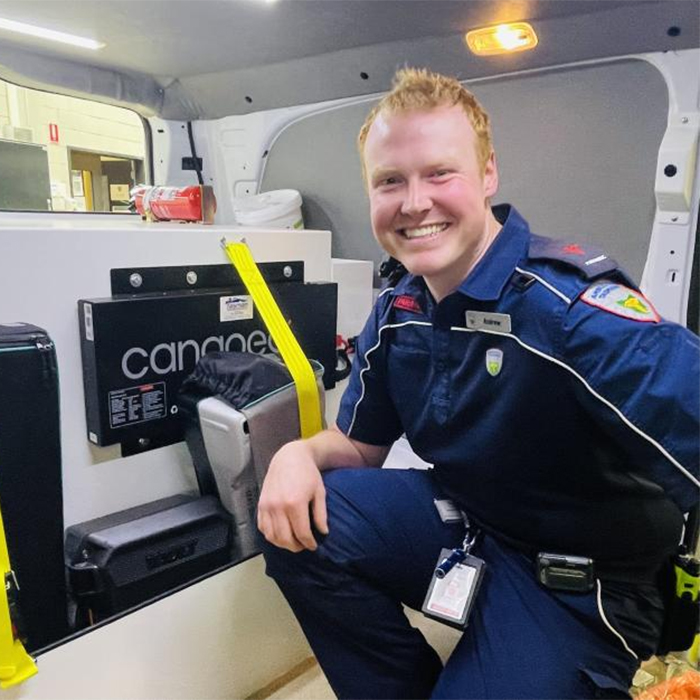
Community Paramedics
Discover the role
Community Paramedics and extended care paramedics are an evolving model of out-of-hospital care, connecting patients with local health services to provide the right care in the right place at the right time, and avoid transport to a hospital emergency department where safe and appropriate.
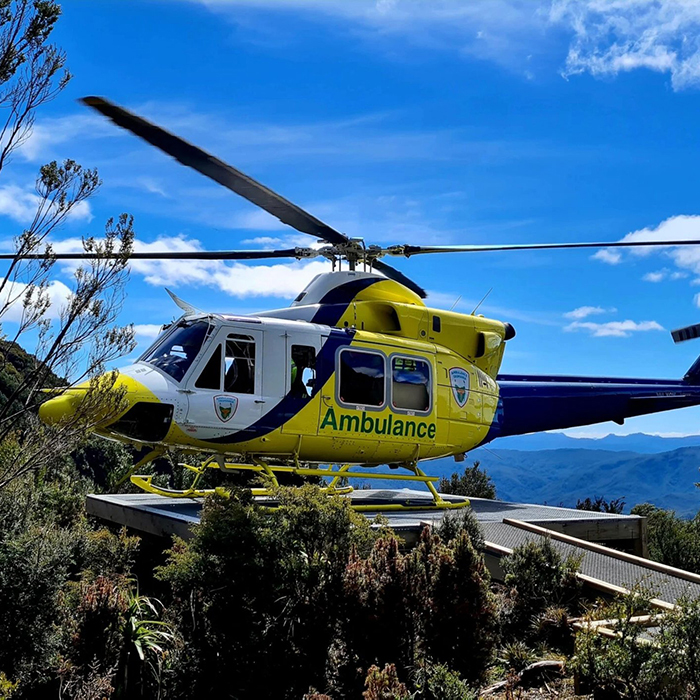
Flight Paramedic
Discover the role
Flight Paramedics provide advanced medical care to patients during air transport, often on air ambulances or helicopters. They are responsible for responding to emergencies, transporting critically ill or injured patients, and administering medications and performing procedures while in flight.
Education Pathways
To become a paramedic in Tasmania, you’ll need to complete a Bachelor of Paramedicine or an equivalent qualification(the minimum age to apply is 18 years of age). Further training and specialisation are available through postgraduate programs and professional development courses.
People working in the healthcare industry never stop learning. Paramedics are no exception.
The University of Tasmania offer postgraduate courses that are designed to develop your skills and knowledge in clinical reasoning, decision-making, and practice, for the management and delivery of advanced health care.
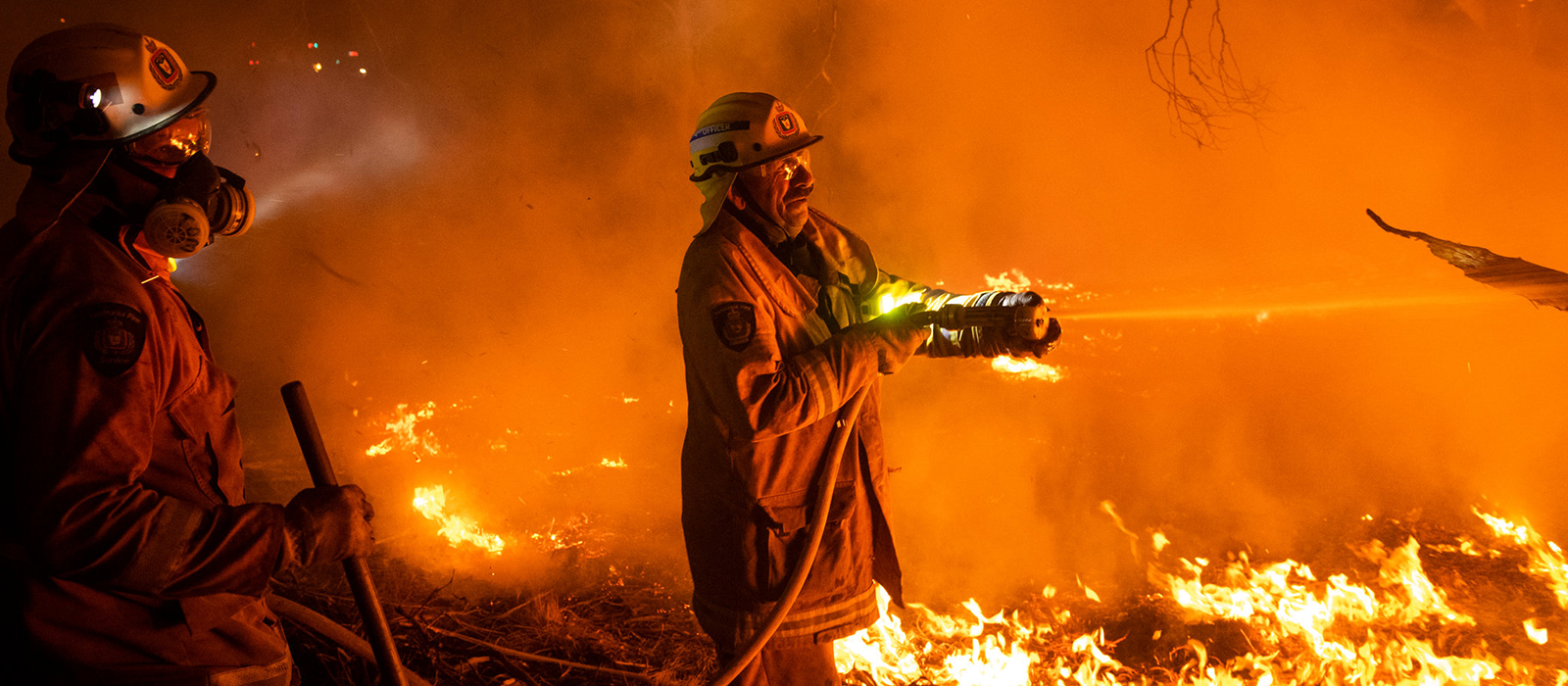
Volunteer roles in Emergency Services
To see if this type of role is a good fit for you, think about doing some volunteer work. Volunteering in emergency services is an awesome way to contribute to the community. At the same time, you’ll gain experience in the field. Tasmania offers all sorts of volunteer opportunities in the State Emergency Service (SES) and the Tasmania Fire Service (TFS).
Volunteer Opportunities
- State Emergency Service (SES): Volunteers assist with storm damage, flood response, and search and rescue operations. Training is provided to ensure volunteers are prepared for these roles.
- Tasmania Fire Service (TFS): Volunteers participate as operational firefighters, responding to bushfires, structure fires, and other emergencies. Non-operational roles include community education and logistical support.
Education and Training Pathways
To pursue a career in emergency services, there’s a few educational pathways you can take. These include vocational training, university degrees, and specialist courses.
Vocational Education and Training (VET)
- Certificate III in Public Safety (Firefighting Operations): Prepares students for entry-level roles in the fire service.
- Diploma of Paramedical Science: Provides foundational skills for a career in paramedic services.
University Degrees
- Bachelor of Paramedicine: Essential for becoming a qualified paramedic.
- Bachelor of Social Sciences (Policing Practices): Builds on a strong social science foundation with specific knowledge and skills of policing.
Specialist Training
- Leadership and Management Courses: Prepare individuals who already have industry experience to gain the skills and expertise needed to develop as an effective leader and manager.
- Emergency Response Training: Covers advanced skills for handling complex emergencies.
Take a quiz, find your future
Curious about the kinds of problem‑solving involved in different jobs? Our Industry Quizzes webpage offers a range of short activities that aren’t formal tests of reading or maths, but they can give you a clearer sense of the skills you already use and the ones you might want to build.
Let’s get started!
Make a difference every day
We’ve given you a snapshot into the fascinating world of Emergency Services. We’ve highlighted some pathways to explore to become a Police Officer, a Firefighter, a Paramedic, or even a volunteer.
We hope it’s inspired you to dig a little deeper and explore this incredible career pathway. Make no mistake – with the right training and dedication, you can have a rewarding career that makes a real difference.
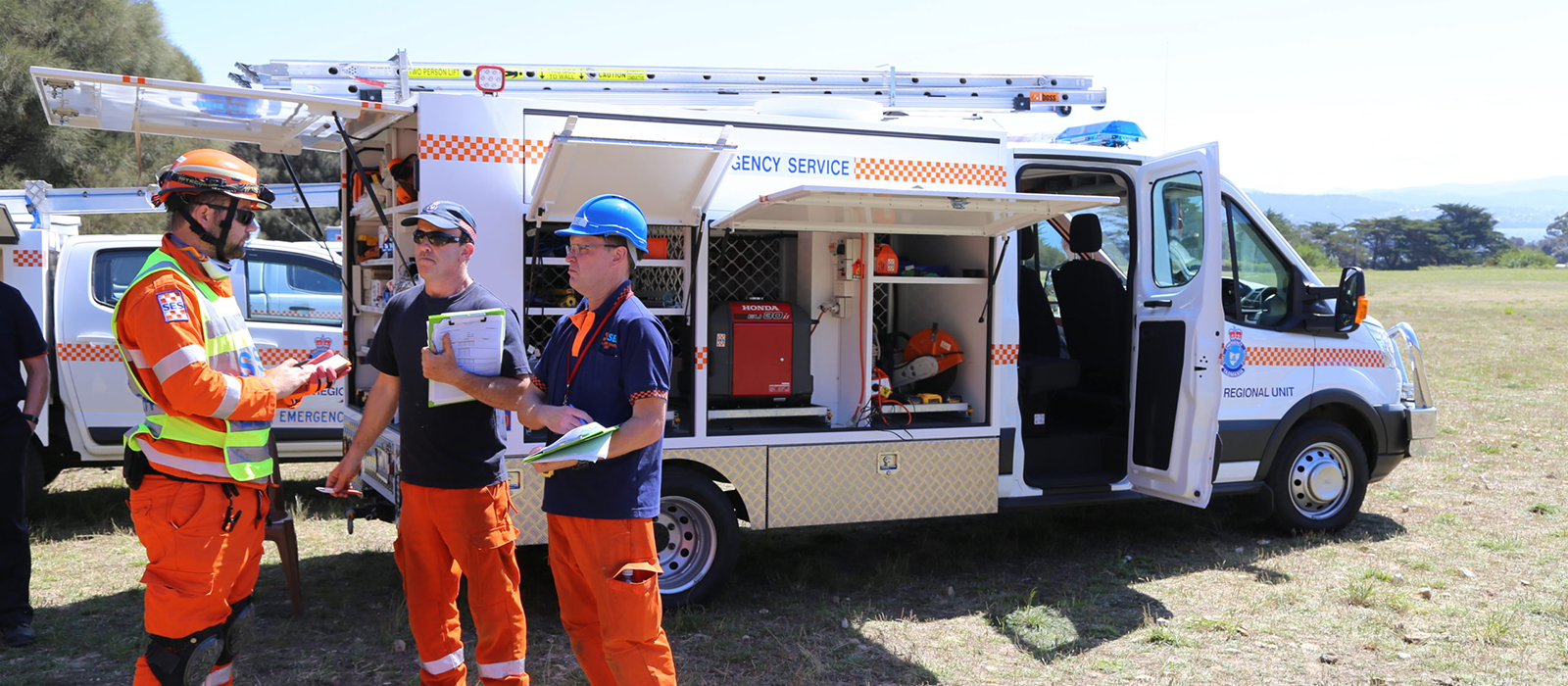
Explore our Emergency Services Career Stories, Events and News
Michael Marshall
Job: Firefighter
Industry/Sector: Emergency Services
Being part of a high performing team and serving the…
